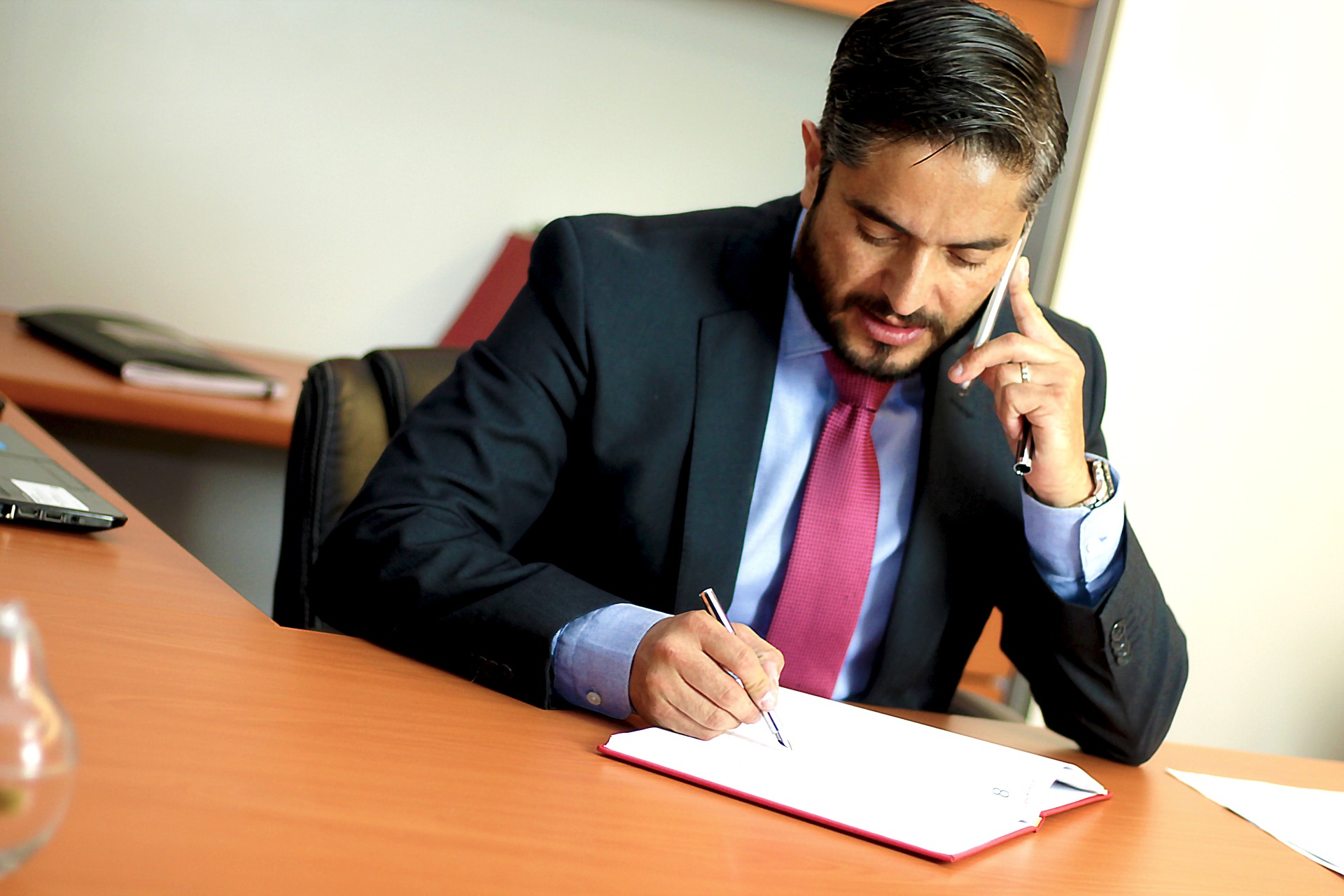When it comes to traffic offenses, some are more serious than others. The distinction between a misdemeanor and a felony depends on the severity of the crime.
When it comes to traffic offenses, some are more serious than others. The distinction between a misdemeanor and a felony depends on the severity of the crime. A criminal conviction for either type of charge can have lasting consequences. A misdemeanor conviction may result in fines, probation, or jail time. Felony charges may lead to more severe penalties such as higher fines, longer probation terms, and potentially even prison time with eligibility for early release programs. A misdemeanor traffic offense is a crime that is less serious than a felony offense under state law. Each state has its rules and regulations regarding traffic offenses.
In this article, we’ll discuss some common examples of both types of traffic offenses, their consequences, and how you can fight them if you’re arrested for one or the other.
Misdemeanor Traffic Offenses
Misdemeanor traffic offenses are crimes that are less serious than felony charges. Some common examples of misdemeanor traffic offenses include:
- Driving with a suspended license. This can be a misdemeanor or felony charge, depending on the circumstances. If you’ve been charged with driving on a suspended license, you should contact a traffic attorney as soon as possible. You may be able to get the charges reduced or dismissed.
- Driving without insurance. This is a misdemeanor traffic offense in most states. You’ll likely have to pay a fine or go to traffic school.
- Minor vehicle code violations. Examples include improper lane changes, failing to yield, or failing to obey traffic lights. These are typically misdemeanors.
Felony Traffic Offenses
Felony traffic offenses are more serious than misdemeanor traffic offenses. Some examples of felony traffic offenses include:
- Vehicular homicide. This is a felony offense in some states. You could be sentenced anywhere from probation to significant prison time, depending on the circumstances.
- Hijacking or stealing a vehicle. In most states, hijacking a car is a felony offense. The penalties will depend on the circumstances of the case.
- Murder or manslaughter while driving intoxicated. If you are convicted of killing someone while driving under the influence, you may be charged with felony murder.
Defenses to Misdemeanor and Felony Charges

If you’ve been charged with a traffic offense, it’s a good idea to consult a defense attorney who can help you understand the charges and see if you have any defenses. Here are some common defenses that might apply to a misdemeanor and felony traffic charges:
1. Lack of intent– Both misdemeanor and felony traffic charges require prosecutors to prove that you intended to break the law. If they can’t prove your intention, they can’t convict you.
2. Duress– This refers to circumstances where you were forced to break the law. For example, coercion might apply if someone threatens to hurt you or your family.
3. False accusations– No one is above the law, but sometimes law enforcement officers make mistakes. If the person who accused you of breaking the law lied, you might be able to defend yourself against the charges.
4. Improper police procedures– You could challenge the charges if you were arrested for a traffic offense and believed that the police broke the law during their investigation.
Conclusion
When it comes to traffic offenses, some are more serious than others. The distinction between a misdemeanor and a felony depends on the severity of the crime. A criminal conviction for either type of charge can have lasting consequences. A misdemeanor conviction may result in fines, probation, or jail time. Felony charges may lead to more severe penalties such as higher fines, longer probation terms, and potentially even prison time with eligibility for early release programs. If you’ve been charged with a traffic offense, it’s essential to understand the charges against you and your options for defense. A traffic attorney can help you understand the charges against you and advise you on how to proceed


Join the conversation!